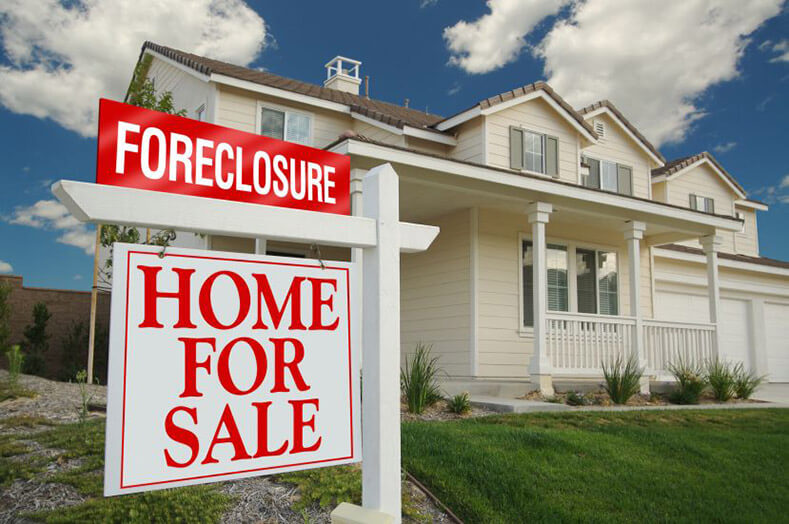Selling a Foreclosed Home in Austin TX?

Being in danger of losing your home can be a scary situation. You may find yourself in these circumstances for many reasons. Perhaps you’ve recently suffered financial hardship due to illness or losing a job. Maybe you had an adjustable-rate mortgage that has reset to a rate you can no longer afford. However, foreclosure is not your only option, and there are other routes that preserve your credit and help you avoid filing bankruptcy.
When you are falling behind and in financial distress, two of your main options will be foreclosing or quickly selling. If you are facing foreclosure on your home, a short sale can help you avoid foreclosure and get you cash quickly. A short sale occurs when a homeowner facing financial trouble sells his or her house for less than the amount due on the mortgage. This can be a good option in the short term, as it avoids the bad impact on your credit score. Doing the short sale deprives you of the money you deserve. You need to stop foreclosure if possible.
We Buy Austin Foreclosures
FastHouseSale.org buys Austin homes in any condition. We typically close within 1 to 3 business days, so you will not spend much time worrying about your finances. No need to do anything to your house in need of repair before selling – we’ll take care of all that.
We know this can be an overwhelming position to be in, but we are here to help! To stop foreclosure and sell your house fast, reach out to FastHouseSale.org to get the ball rolling.
